Learning Piano
Enhancing Your Piano Skills: A Comprehensive Guide
Enhancing Your Piano Skills: A Comprehensive Guide
Whether you’re a beginner or a seasoned pianist, there’s always room for improvement in your piano playing abilities. While mastering the piano for leisure may not demand rigorous training, honing fundamental skills can significantly enhance your ability to play your favorite pieces with ease and ensure long-term enjoyment of the instrument.
Optimizing Practice Sessions 
- Establish a Routine: Consistency in practice is key to progress. Tailor your practice schedule to fit your lifestyle and goals, ensuring regular sessions to cultivate a habit.
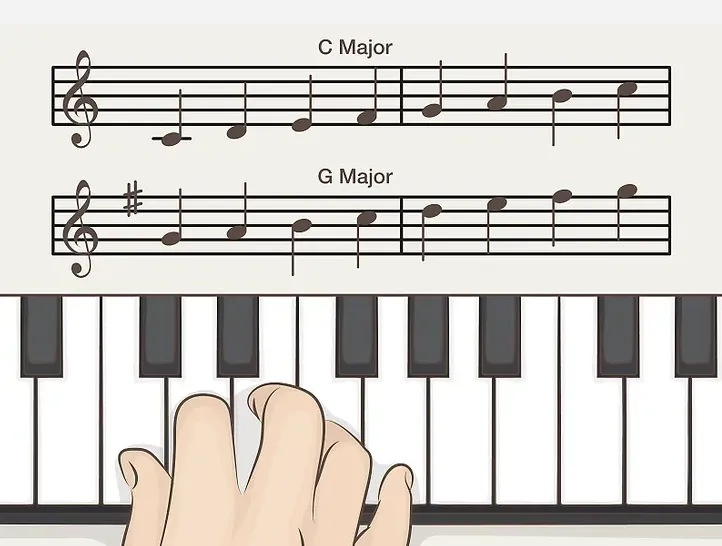
- Begin with Warm-Ups: Use scales or simple pieces you’ve mastered as warm-ups to prepare your fingers for more challenging work, boosting confidence and dexterity.
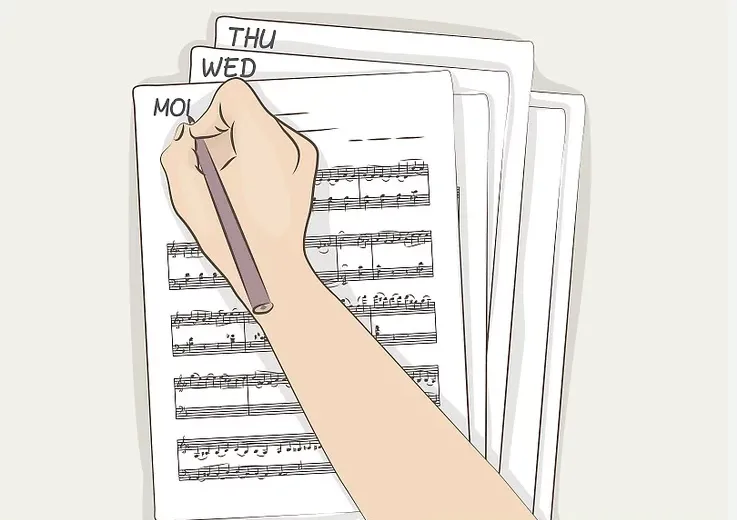
- Set Achievable Goals: Break down complex pieces into manageable sections to focus your practice and build up to the full piece, enhancing learning efficiency and motivation.
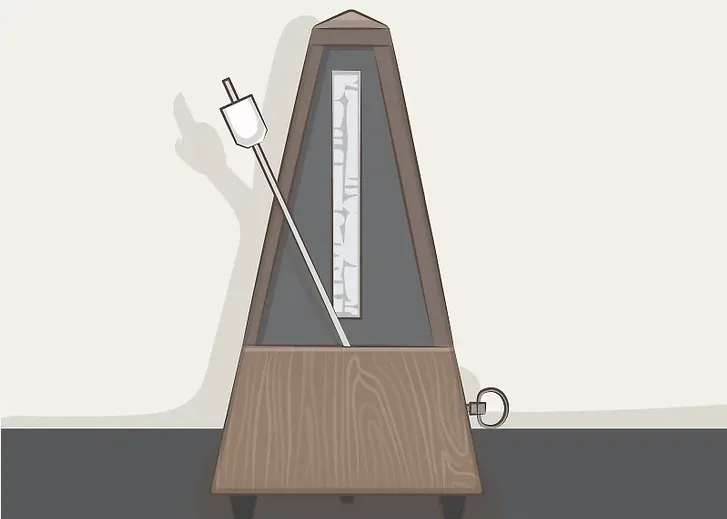
- Control Tempo with a Metronome: Start learning new pieces at a slower pace to master the notes accurately, then gradually increase speed to achieve the natural tempo, avoiding ingrained errors.

- Minimize Distractions: Choose a quiet, dedicated space for practice, and limit interruptions from devices or household members to maintain focus and productivity.
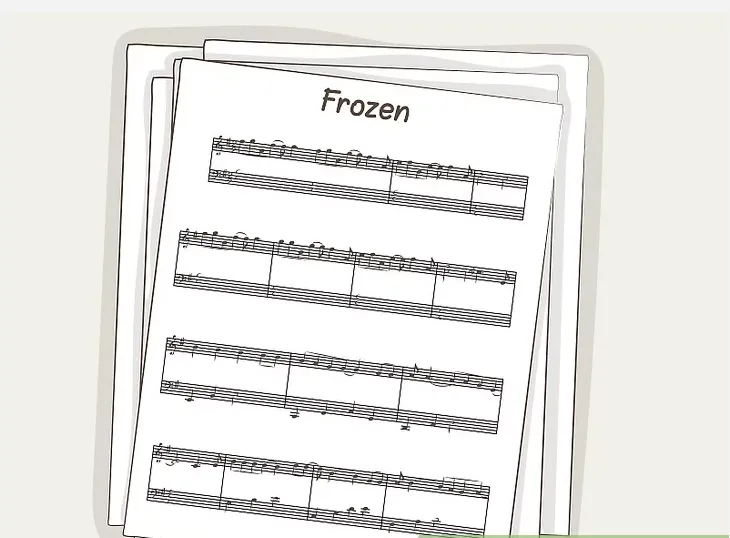
- Play What You Love: Incorporate pieces that spark joy into your practice to stay motivated and enthusiastic about learning.
Mastering Sight-Reading 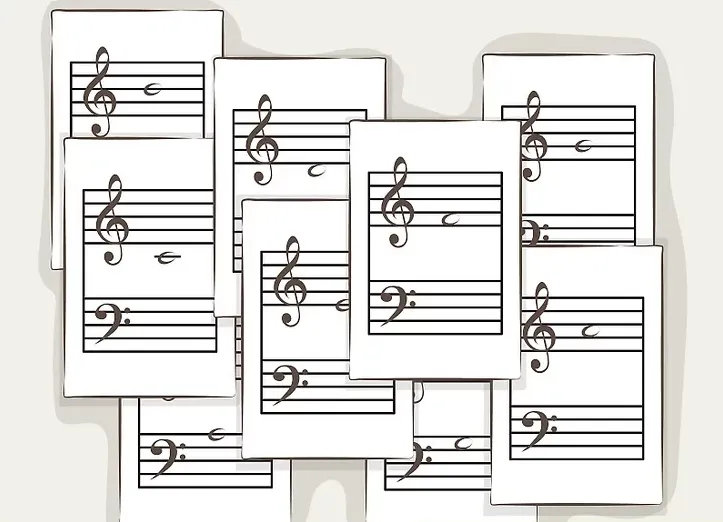
- Understand Musical Basics: Familiarize yourself with the musical alphabet, staff notations, and key signatures to navigate sheet music with confidence.
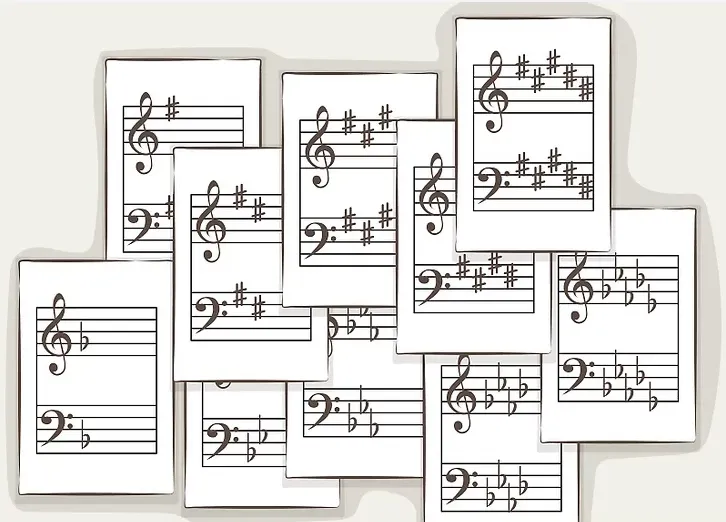
- Practice Transcribing: Enhance your musical fluency and ear training by transcribing unfamiliar songs by ear, then compare your transcription with actual sheet music.
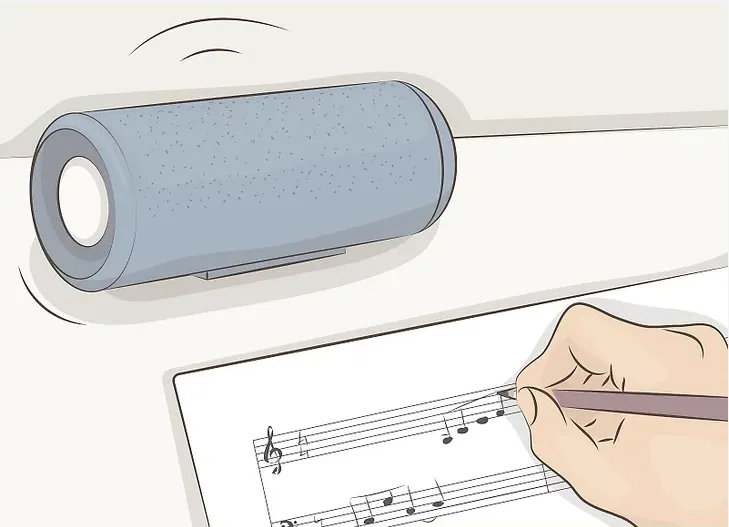
- Utilize Guide Notes: Identify and use guide notes to quickly interpret music, aiding in the comprehension of pieces spanning several octaves.
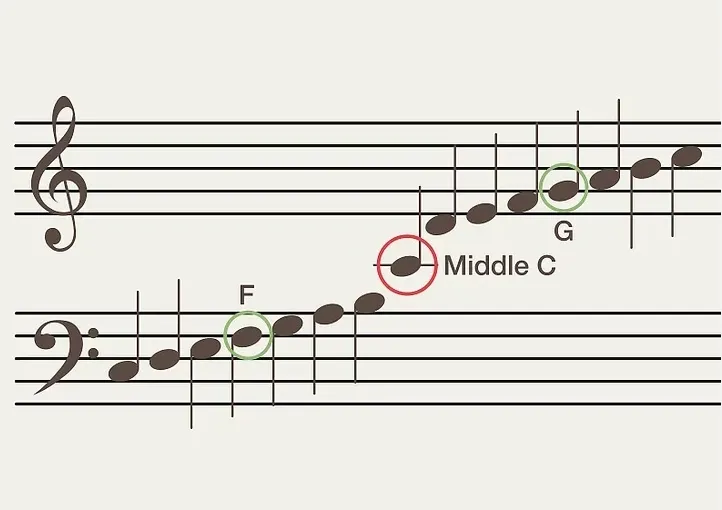
- Explore Various Time Signatures: Get comfortable with different rhythms and flows by practicing pieces in various time signatures, tapping out rhythms to internalize the beat.
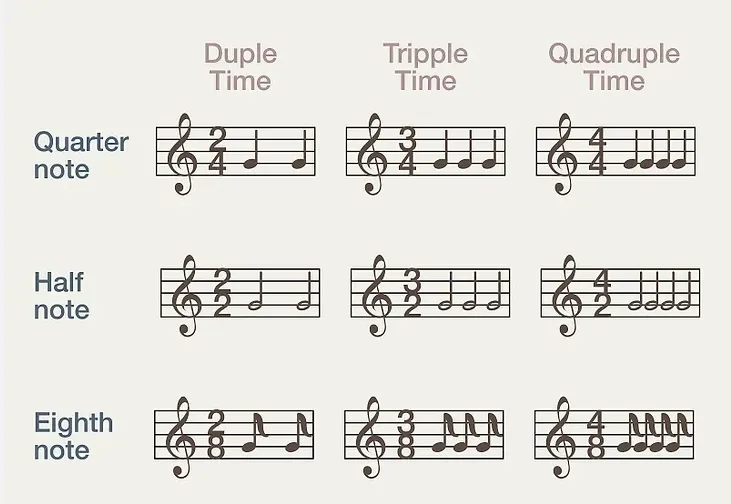
- Challenge Your Sight-Reading: Test your skills with unfamiliar pieces, analyzing the music before attempting to play, to strengthen your sight-reading abilities.

Refining Technique 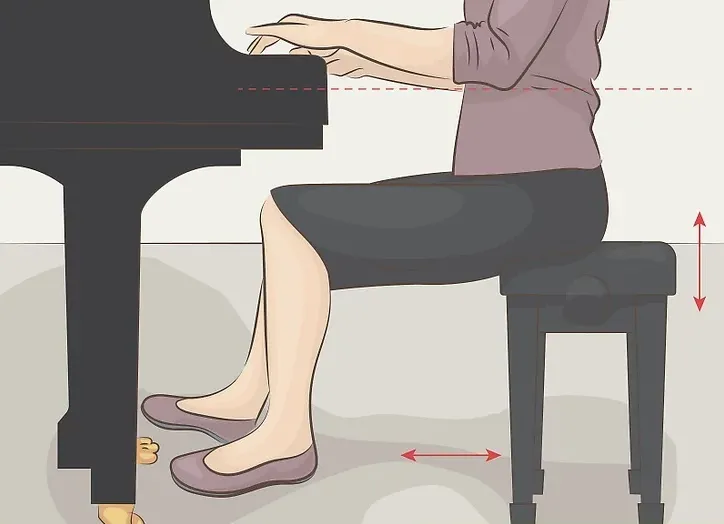
- Evaluate Your Seating Position: Ensure your bench placement allows for optimal posture and arm alignment to facilitate movement and reduce the risk of strain.
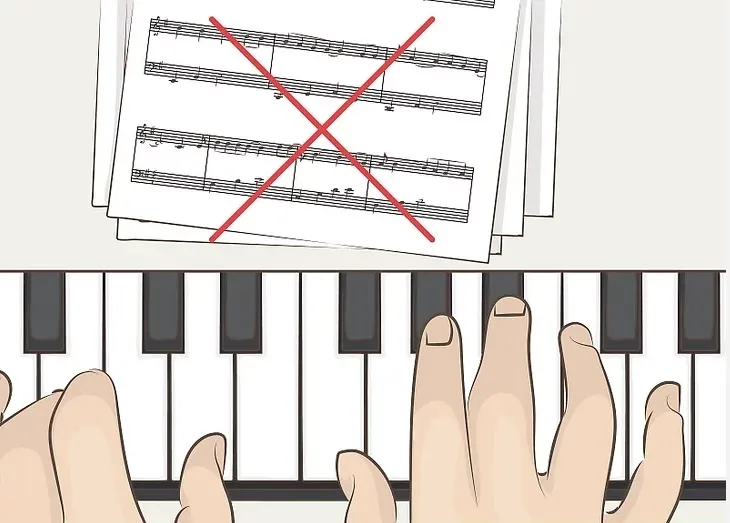
- Memorize Early: Focus on memorizing pieces as you learn them to dedicate more attention to technique, expression, and dynamics.
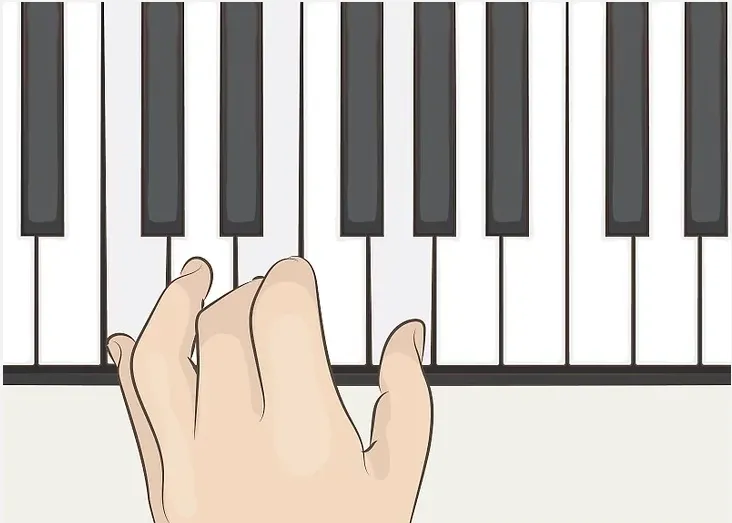
- Address Weak Points: Identify and target areas of weakness through specific exercises or pieces that challenge those aspects, turning them into strengths.
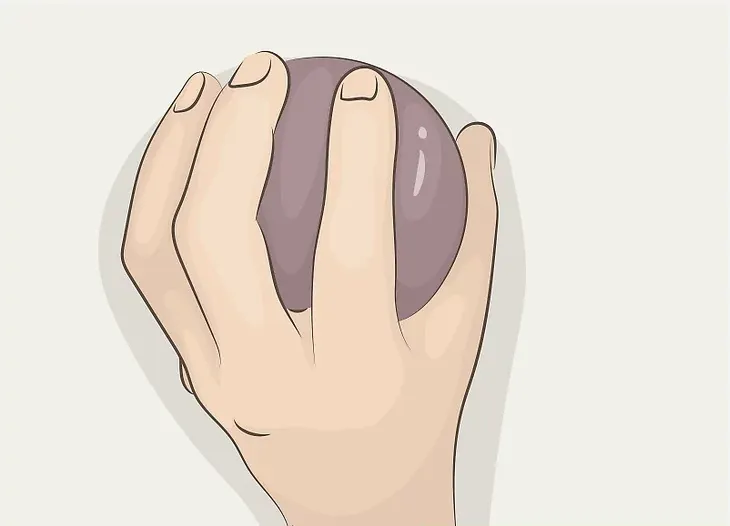
- Practice Away from the Piano: Maintain proper hand positioning and finger curling in daily activities to build muscle memory and dexterity.
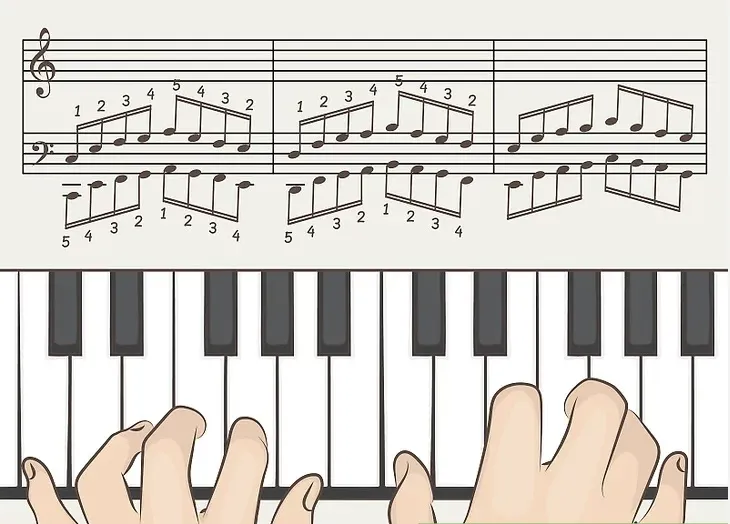
- Incorporate Technical Exercises: Engage in exercises designed to enhance hand strength, flexibility, and speed, exploring resources like Hanon exercises for foundational skill-building.
Teaching and Learning Piano
For those aspiring to teach piano, a blend of proficient playing, a solid understanding of music theory, and continuous professional development are essential. Tailoring lessons to individual student needs, maintaining a structured but flexible approach to teaching, and fostering a positive, encouraging learning environment can make piano instruction a rewarding experience for both teacher and student.
By embracing these practices, pianists at any level can embark on a journey of continuous improvement, unlocking new levels of mastery and enjoyment of this timeless instrument
